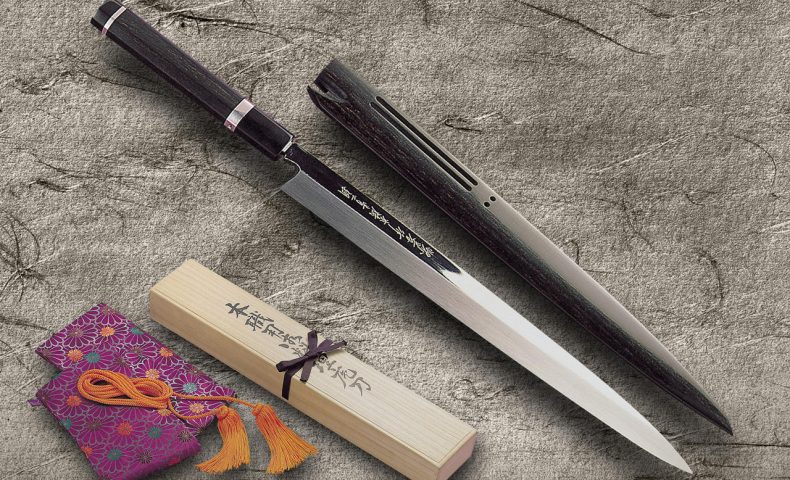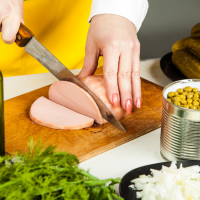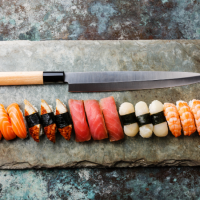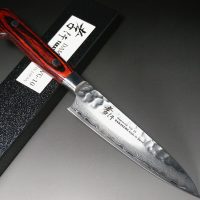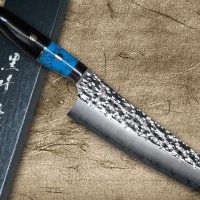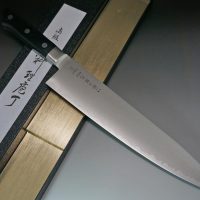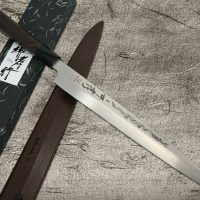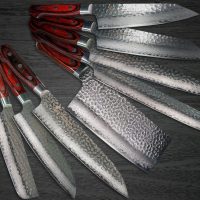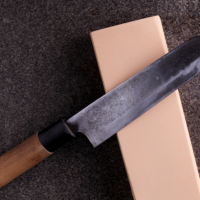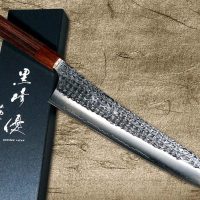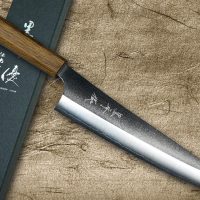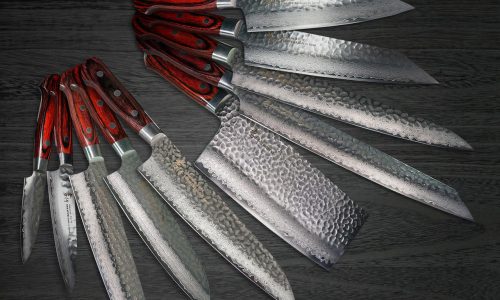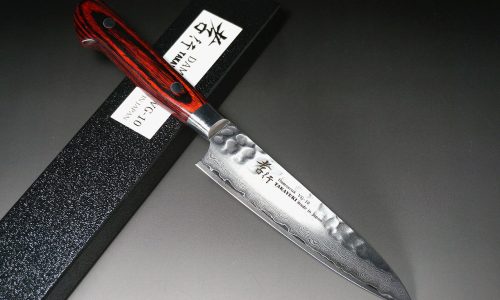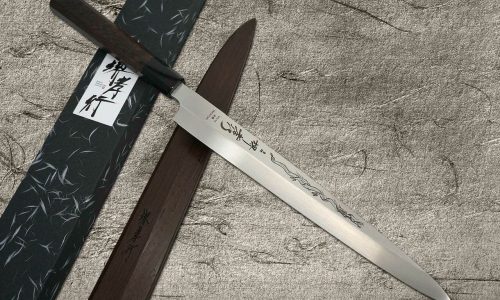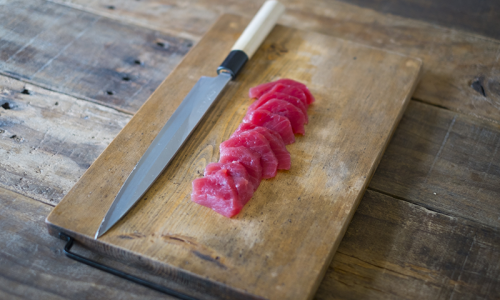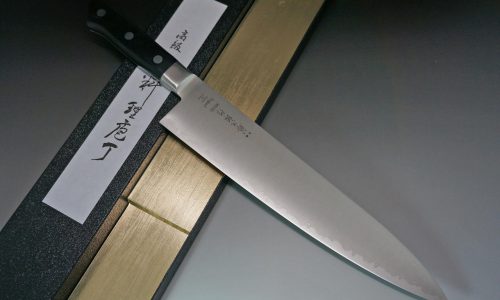img by : https://www.hocho-knife.com/
When it comes to trying out new dishes, it can’t be denied that a Japanese menu is among, and a part of the most-wanted-to-be-tasted food list. Japanese food is famed for its fine selection of varying ingredients that make up unique and authentic traditional combinations of flavors that last in our memories for decades and will not be forgotten. As the taste buds feel the savory blends of delicacy and its opposite – exoticness, Japanese food no longer considers itself an ordinary cuisine, but a worldwide accepted, leading culinary gem.
Sushi and Sashimi are two popular Japanese dishes that carry along the authentic flavors of the traditional Japanese beautiful savory
The original blends of uniquely flavored, soft cooked rice and various meat toppings, raw and cooked. Featuring the vivid colored choices of varying ingredients on the plate, Japanese cuisine tops the world charts for its creativity that stands alongside the divine deliciousness found in all of its components ranging from the tiny crystals of Caviars to larger components like freshly selected Fatty Tuna meat topped on vinegar mixed cooked rice. With this being the strengths of Japanese cuisine and signature dishes served in Omakase restaurants (Japanese specialty food restaurants mostly offering high-end Sushi and Sashimi dishes), gourmets pay great attention to the atmosphere, the aesthetics, the placement of ingredients, the interior, the intricate processes, and the delicacy of all dishes.
Yes, the final tastes of dishes served is highly important as it determines the overall satisfaction of diners; however, Japanese dishes have so much more to give, that further opens doors for food lovers to evaluate and analyze the dishes and their components – which is indeed fun and interactive. Understanding all dishes and how they’re made is important to most Japanese food lovers; witnessing how each culinary art piece is hand-crafted is also essential to them. Therefore, the mastery of the blades is something diners pay great attention to when they visit luxurious, grand Japanese Omakase restaurants.
Mastery of the Blades
Mastering the skills of a Japanese knife may sound extremely challenging and intimidating to beginners in the culinary field; however, high quality Japanese knives might offer a great deal of help in the process. Simplifying the processes with premium quality cuts and slices, Japanese food chefs are often in the search for top-tier Japanese blades with high edge retention, rust resistance, and high performance that will prevent them from seeing wriggly lines and the undesired crookedness visible in fresh raw pieces of quality fish.
Among Japan’s top quality knife brands, Sakai Takayuki is standing strong with its extraordinary capabilities. One of its knife series includes the ‘Sakai Takayuki Ginmaki Mirrored Honyaki Blue Steel’ knife models. This series is Sakai Takayuki’s top quality knife line forged by Sakai’s highly-skilled craftsmen and blacksmiths. Its mirror finish and Aoko or Blue Paper Aogami Steel material is made out of the Yasugi steel (also known as Prime High Carbon steel known for extreme hardness and great edge retention), while the blades in this series are made through the Honyaki process – a traditional process to forge top-tier, premium quality knives. These knives are hand-crafted and are made one by one – which means they cannot be mass-produced, further leading to even better quality, guaranteed sharpness out of the box, and excellent durability.
Sakai Takayuki Ginmaki Mirrored Honyaki Blue Steel knife models feature beautifully pure, silver-ring and the famed Buffalo Tsuba bolster equipped to the unique Ebony wood handle, marking these knives grand, luxurious series needed in a collection. Specifically forged to meet the expectations of swift cuts and professional slices culinary experts perform on their daily basis, this knife series by Sakai Takayuki indeed, is one worth having in possession.

